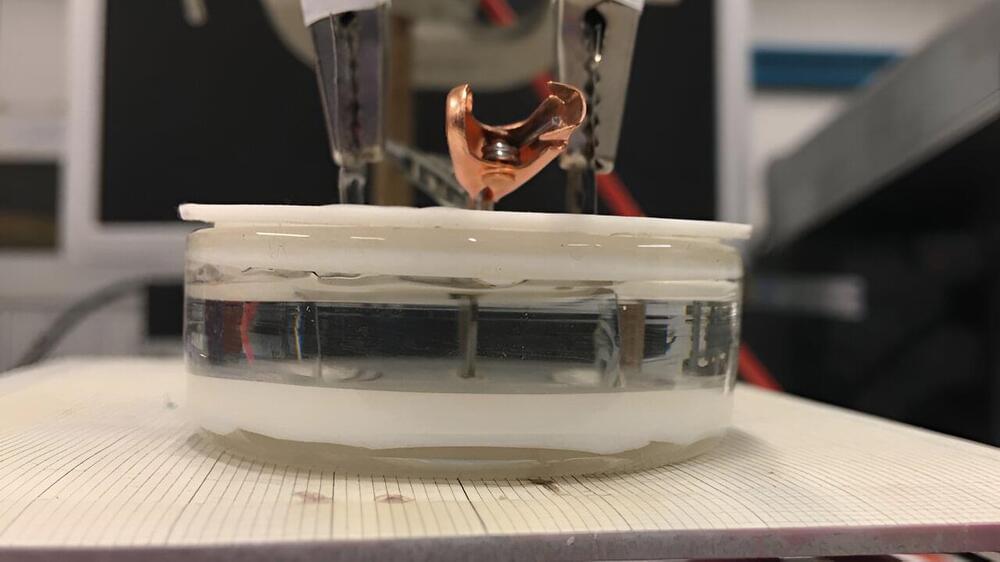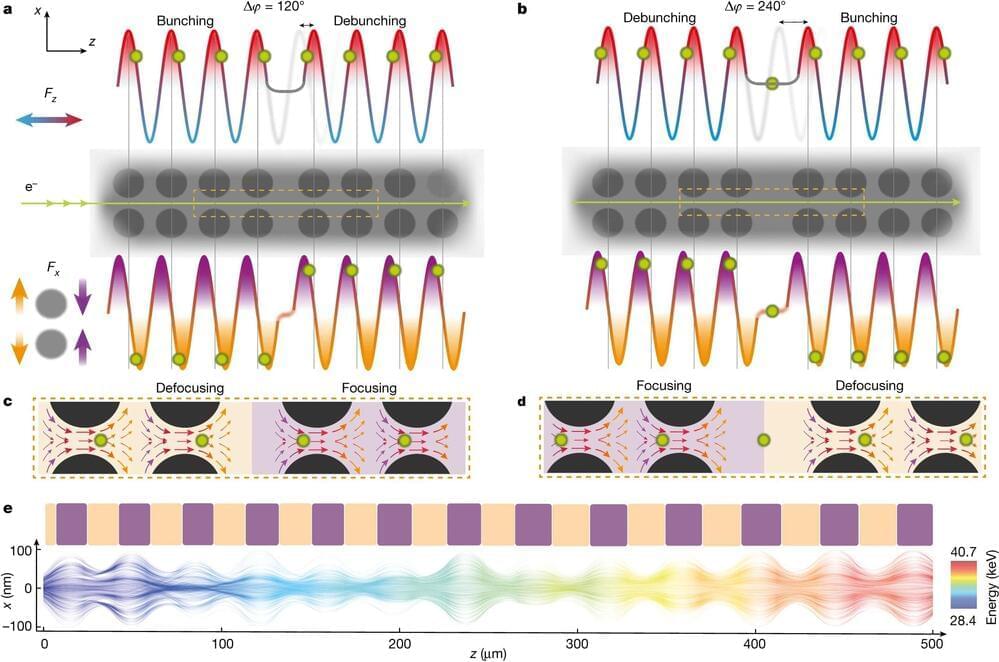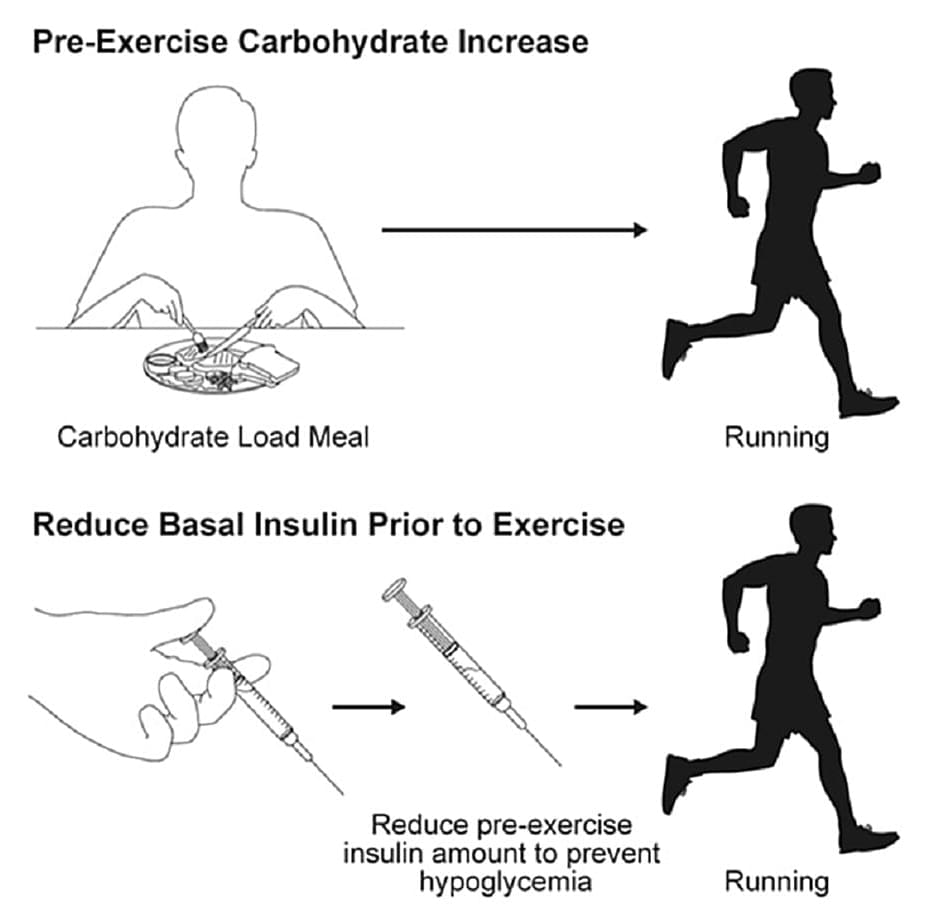A team led by researchers at Baylor College of Medicine is coming closer to delivering on the promise of personalized breast cancer therapy with a strategy to predict the most likely response of a cancer to a specific less toxic treatment regimen.
In this study published in Clinical Cancer Research, a journal of the American Association for Cancer Research, the scientists developed and validated in clinical trials a multiparameter molecular classifier test to predict with a high degree of confidence which patients with HER2-positive (HER2+) breast cancer would be candidates for anti-HER2 therapy alone without the need for chemotherapy. The molecular classifier also accurately identifies patients whose tumors may need chemo or other targeted therapies.
“HER2+ breast cancer, which represents about one of every five breast cancers, expresses high levels of HER2 proteins and is physiologically dependent on the abundance of this protein to grow fast and metastasize or spread to other organs,” said co-corresponding author Dr. Rachel Schiff, professor of medicine and molecular and cellular biology and member of the Lester and Sue Smith Breast Center and the Dan L Duncan Comprehensive Cancer Center at Baylor. “Historically, HER2+ breast cancer was treated only by chemotherapy, but patient outcomes were poor. This changed in the late 1990s when the introduction of anti-HER2 therapy, drugs that block the growth effects of HER2, transformed the treatment of this disease.”








